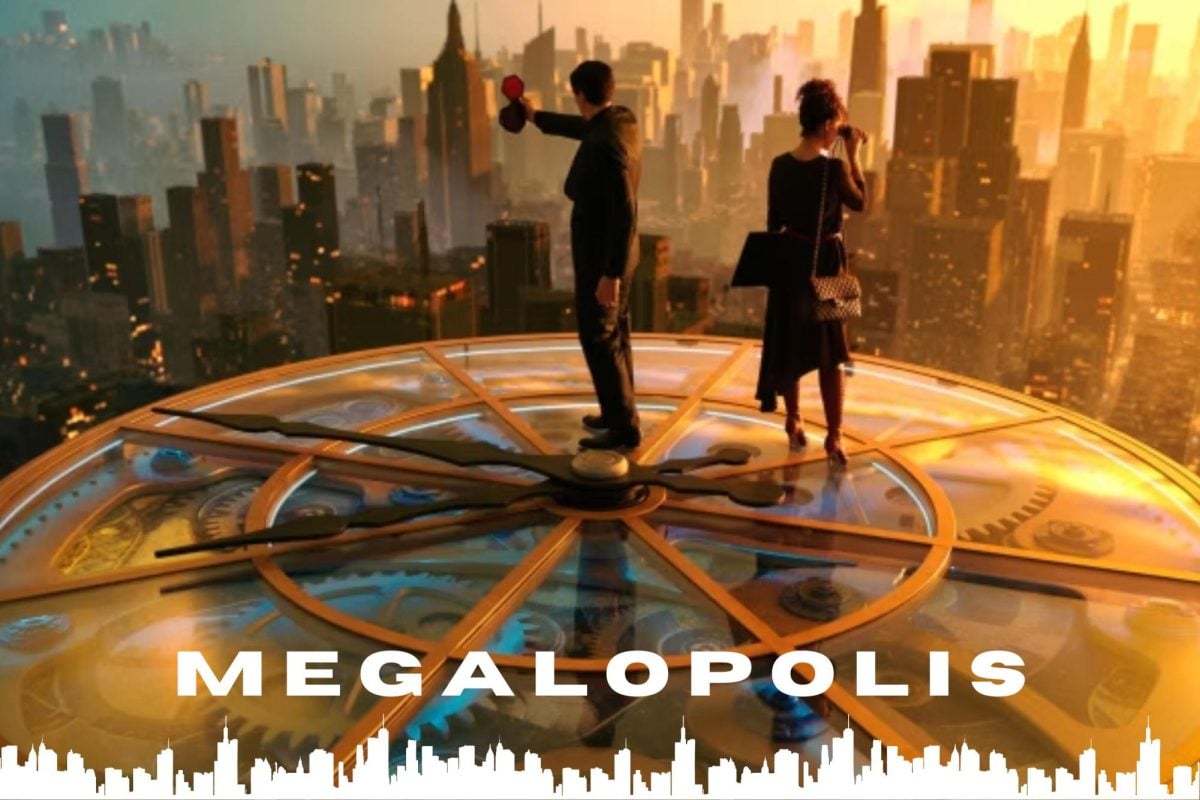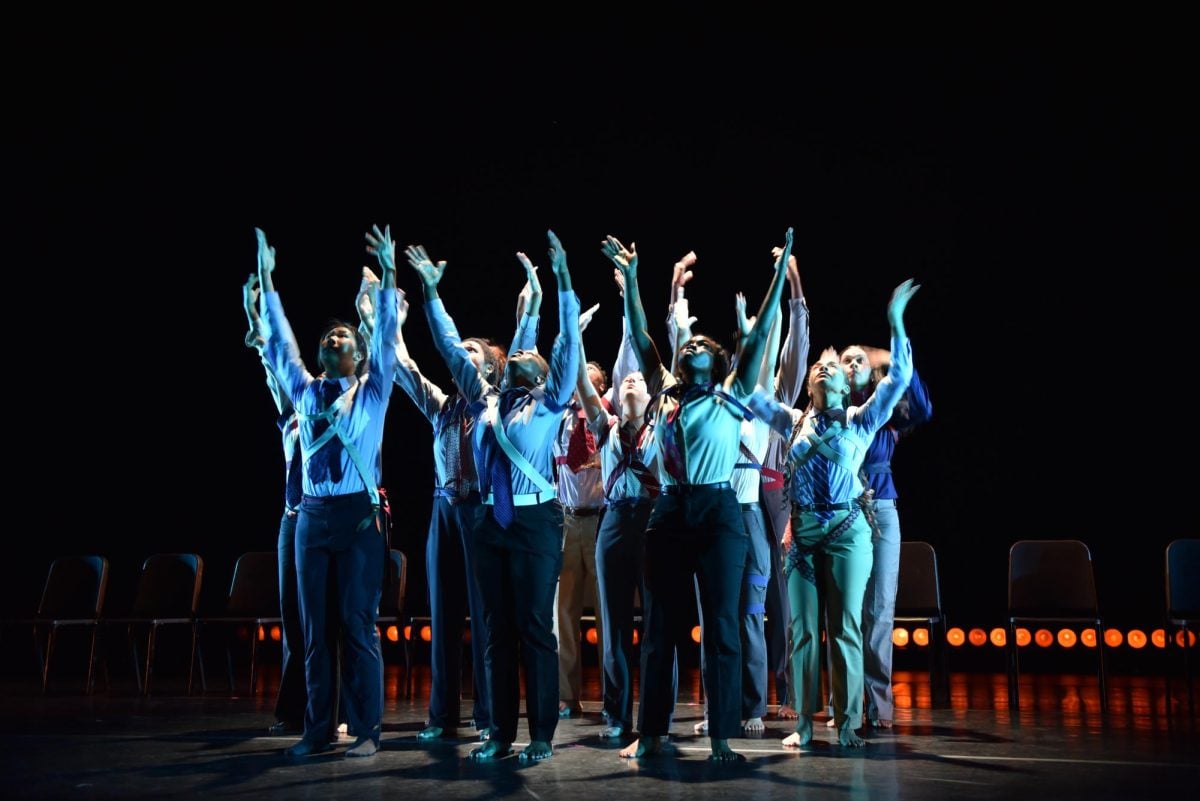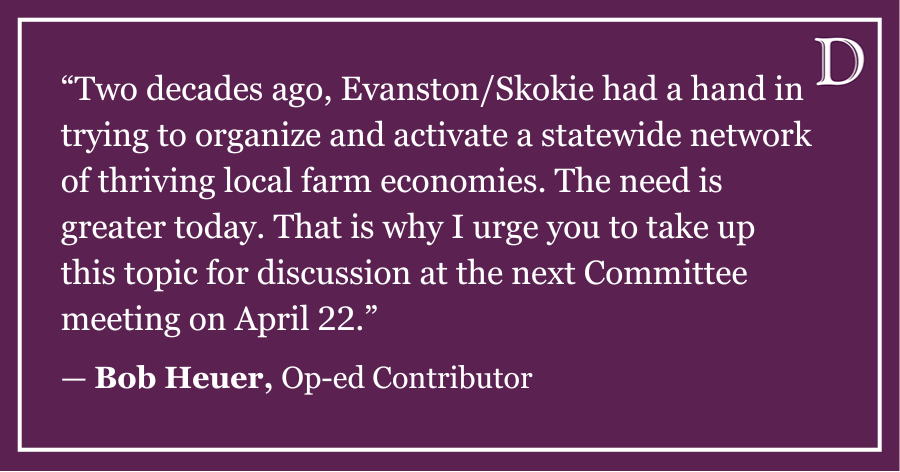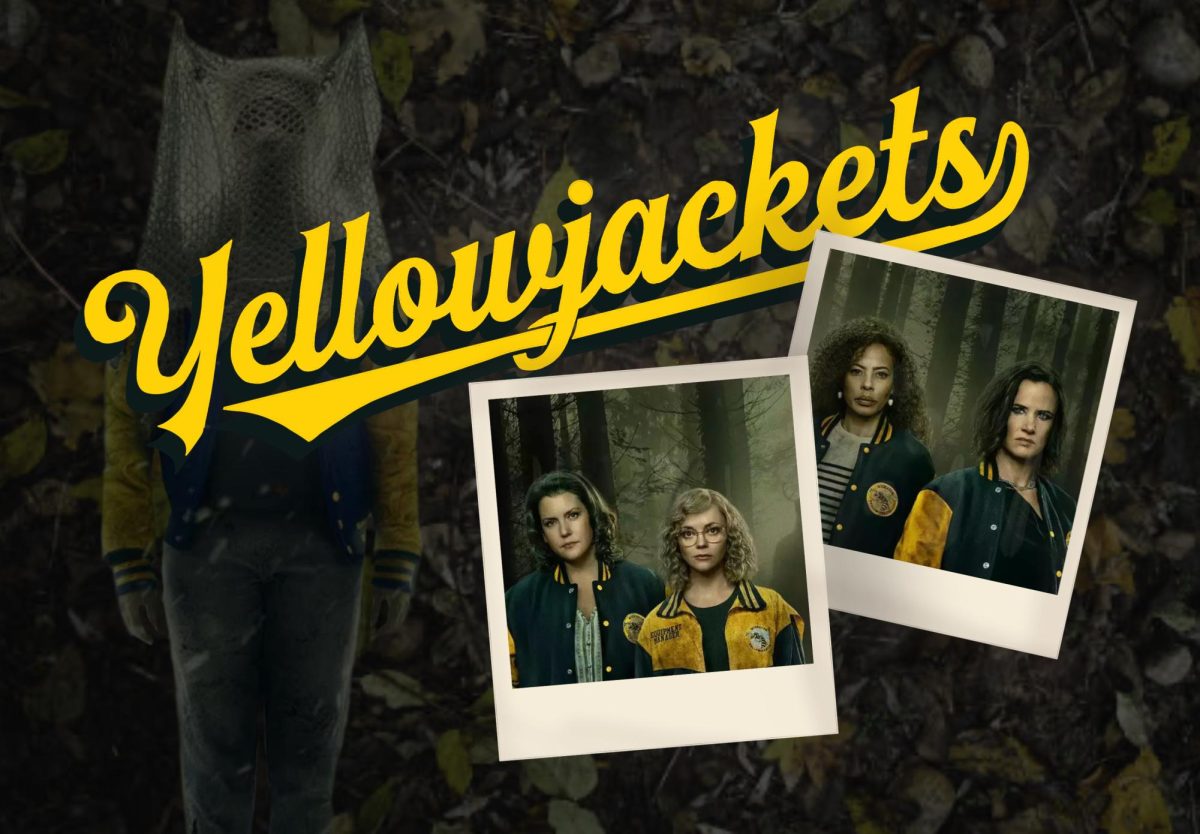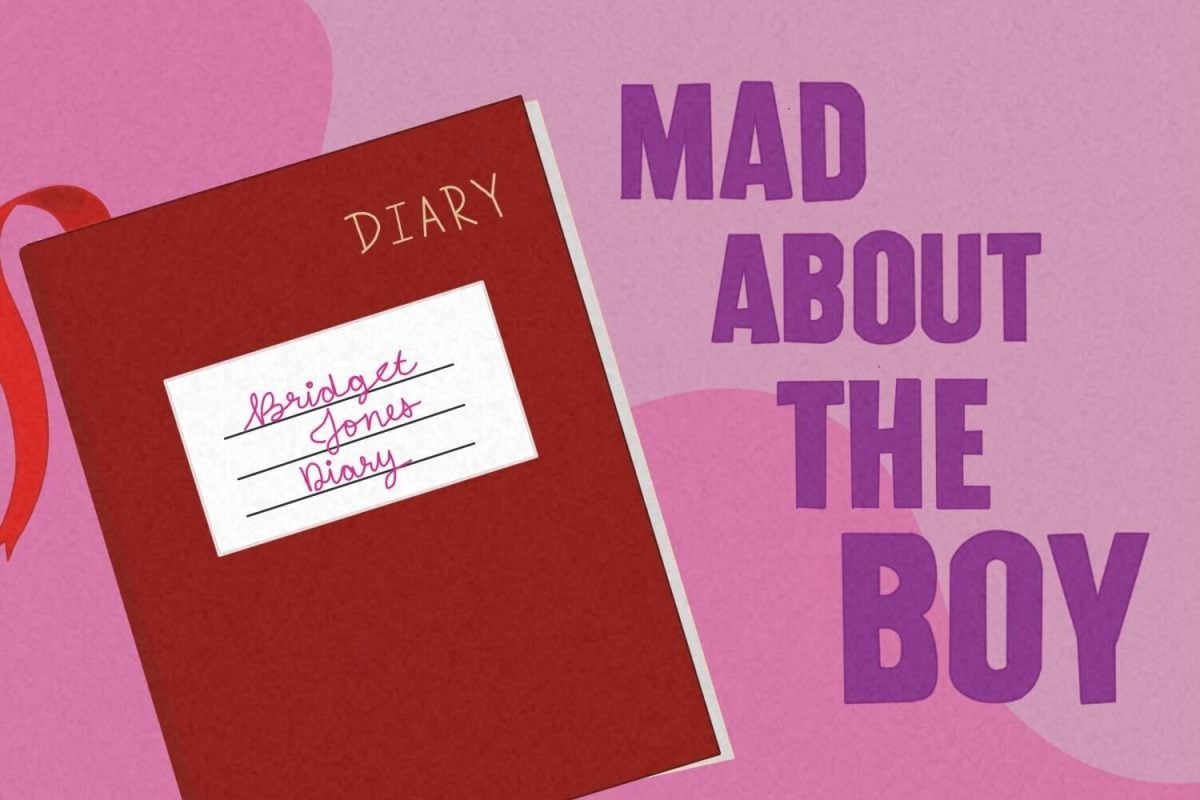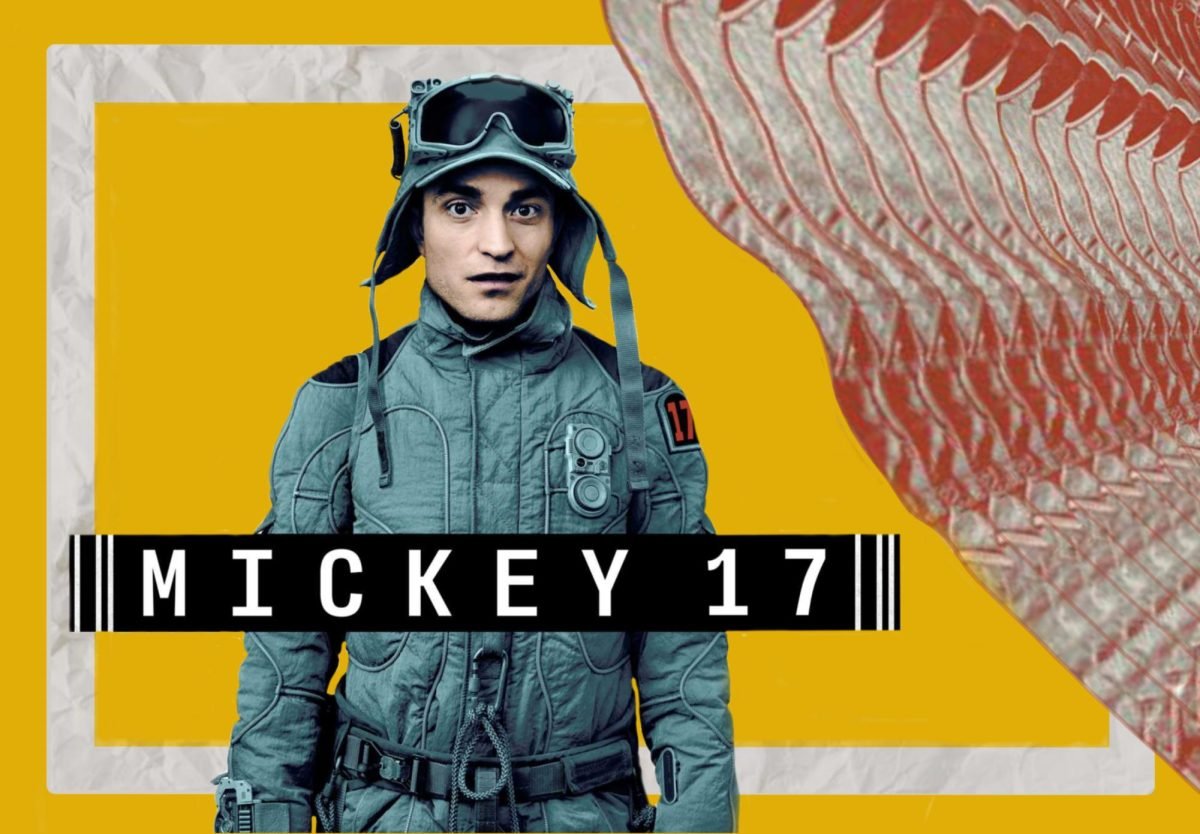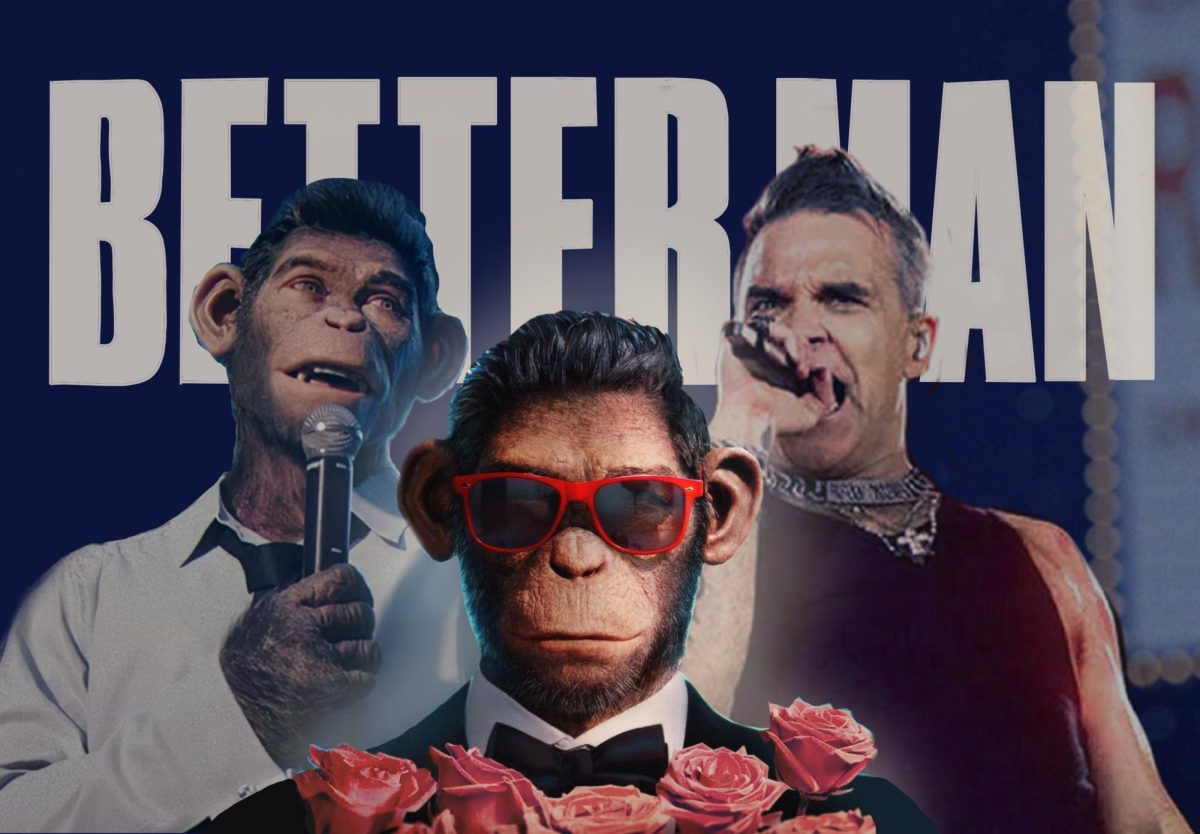Francis Ford Coppola, 85-year-old director, may have the best four-film run yet. Beginning in 1972 and concluding in 1979, Coppola directed “The Godfather,” “The Conversation,” “The Godfather Part II” and “Apocalypse Now.” If one were to hypothetically take the average rating of these four films on the film-centered social media platform Letterboxd (I’ve never used it), the average would come out to 4.425 stars out of 5 — esteem so high it’s largely unheard of.
Coppola’s newest endeavor is “Megalopolis”, which he wrote, directed and produced. It came out in theaters Friday. The film serves as an unfortunate and — at times — frustrating reminder that the era of legendary creation from Coppola is a relic of the past.
“Megalopolis” is set in what Coppola calls New Rome, which appears to be some alternate version of the United States. The film follows genius innovator Cesar Catilina (Adam Driver) and his beloved Julia Cicero (Nathalie Emmanuel) as they traverse political turmoil and Catilina’s own ambition.
The movie has glaring structural issues from the very beginning. It is unclear what exactly New Rome is, whether it’s real or whether the movie is set in the past or the future. Coppola doesn’t seem sure whether this is a surrealistic, dystopian or even modernly iterative movie.
Adding insult to injury, Coppola commits a directorial sin in the very first frame: He spells out the exact meaning of his movie via a digitally rendered Roman monument. One of the worst things a director can do is assume their audience is unintelligent, especially right off the bat.
Shortly after, Catalina — a visionary with the power to stop time — discovers an almost divinely powerful material called Megalon. After recently winning a Nobel Prize, which the movie seems set on mentioning repeatedly (again, where are we?), Catalina is set on using Megalon to create a utopia in place of a declining New York City.
Throughout his Thomas More character arc, Catalina is impeded by the stubborn Mayor Cicero (Giancarlo Esposito), a local billionaire (Jon Voight), a past lover (Aubrey Plaza) and a standoffish relationship with his mother (Talia Shire) that would have Freud grinning. Despite it all, Catalina gets married to the one woman who can unlock his talent fully and see him for the “Prisoner of Azakaban” time-turning genius that he is. He builds Megalopolis and we all live happily ever after.
The metaphor of the Catalina character is shallow and the film suffers because of it. Brushing away any of the New Rome oddness or lack of clarity, Catalina is clearly a proxy for how Coppola thinks of himself and those who have doubted or propelled him forward in his career. If the decision is intentional, it’s crass; If unintentional, it’s so unaware that it’s somehow worse.
All that said, credit is to be given where it is due. There is no doubt that Coppola is still one of the best at piecing together scenes with sufficient action — see the wedding in “The Godfather,” the beach scene in “Apocalypse Now” or the rumble in “Rumble Fish.” The coliseum sequence in “Megalopolis” is entertaining and well done, if we disregard most plot and character aspects.
“Megalopolis” ultimately feels like a poor blank-check movie. It is the type of project directors are given complete creative control over following a period of unprecedented success. The best version of “Megalopolis” would have been made when Coppola began conceiving of the idea — in the late 1970s coming off his legendary run. I’d like to think this version of the film would have been interesting if not well done.
Instead, the “Megalopolis” that audiences received shows the legendary director’s age. Unlike Cesar Catalina, Coppola has been unable to freeze time in his period of genius, resulting in near complete disaster of a film.
Email: jacksonweier2026@u.northwestern.edu
X: @JacksonWeier
Related Stories:
— Reel Thoughts: ‘Inside Out 2’ creatively depicts the emotional side to puberty
— Five Evanston and Chicago live music venues to tune into this school year
— Q&A: Jared Hochberg talks songwriting for Robot Heart Throb, magnifying the allure of performing live

